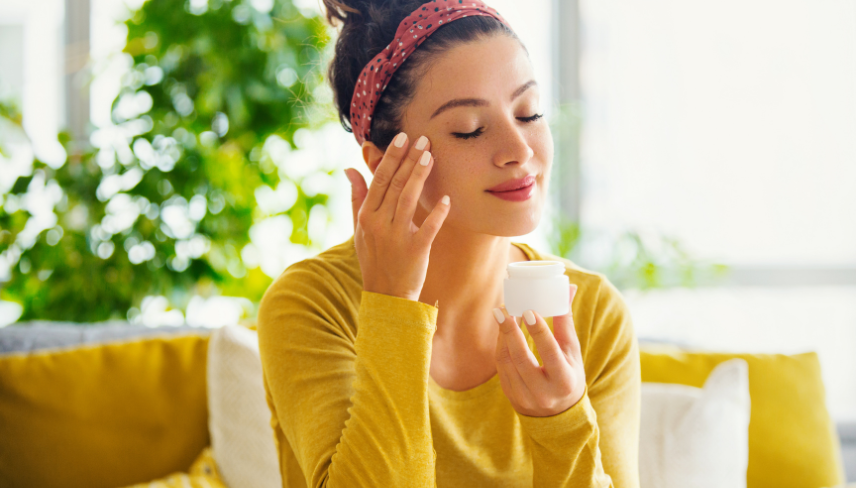Navigating EU Regulations for Sunscreen Products

04 Aug 2025
From approved UV filters to SPF testing and labeling rules, discover what it takes to ensure your products meet safety and regulatory standards.
Sunscreen products play a crucial role in preventing skin damage caused by ultraviolet (UV) radiation, including sunburn, premature skin aging, and skin cancers.
In Europe, these products are strictly regulated to ensure their safety and effectiveness.
This article breaks down the main European regulatory requirements for sun care products: regulatory framework, approved UV filters, labeling, and performance testing.
The Applicable European Regulatory Framework
In Europe, sunscreen products are considered cosmetic products under Regulation (EC) No. 1223/2009 on cosmetic products. This regulation requires Responsible Persons to ensure the safety of products placed on the European market.
Before being marketed, a sunscreen product must undergo a Safety Assessment by a qualified person (CPSR) and be accompanied by a Product Information File (PIF). It must also be notified on the Cosmetic Products Notification Portal (CPNP).
Approved UV Filters
UV filters are active ingredients intended to protect the skin from the harmful effects of ultraviolet rays. In Europe, only the UV filters listed in Annex VI of Regulation 1223/2009 are authorized. This annex is a positive list specifying the approved filters and their conditions of use. Since some are in nanomaterial form, this entails specific requirements regarding regulation, safety, and labeling.
The European Commission, through the Scientific Committee on Consumer Safety (SCCS), regularly publishes scientific opinions on substances used in cosmetic products, including UV filters.
New 2025 Regulations:
Homosalate (UV filter) – Regulation (EU) No. 2022/2195
- January 1, 2025: Use restricted to face products (excluding sprays and aerosols) with a maximum concentration of 7.34%.
- July 1, 2025: Non-compliant products must be withdrawn from the market.
4-MBC (UV filter) – Regulation (EU) No. 2024/996
- May 1, 2025: Filter banned – end of placing on the market of products containing it.
- May 1, 2026: Withdrawal of non-compliant products from the market.
Sunscreen Product Labeling
Sunscreen product labeling is governed by Article 19 of the Cosmetic Regulation, complemented by specific recommendations defined in Commission Recommendation 2006/647/EC:
- Sun Protection Factor (SPF): The effectiveness of sunscreen products must be indicated on the label using categories such as “low,” “medium,” “high,” “very high” along with the SPF value.
- Warnings: For example, “Keep babies and young children out of direct sunlight.”
- Usage instructions: Such as “Apply the sunscreen product before exposure” or “‘Re-apply frequently to maintain protection, especially after perspiring, swimming or towelling”
- Prohibited claims: For example, “‘sunblock” or “total protection”
Note: Work is currently underway to revise these recommendations.
Required Tests: SPF, UVA, UVB
The performance of sunscreen products relies on rigorous testing to verify their effectiveness against UVB and UVA rays.
- SPF (Sun Protection Factor) measures protection against UVB rays, which are responsible for sunburn. It is usually tested in vivo according to ISO 24444.
Two new ISO standards, published in 2025, can now be used as alternative methods for SPF determination:
- ISO 23675: In vitro determination of the Sun Protection Factor (SPF).
- ISO 23698: Measurement of sunscreen product effectiveness by diffuse reflectance spectroscopy.
- UVA protection can be measured in vitro according to ISO 24443.
Additional tests may assess photostability and water resistance.
Conclusion
Sunscreen products are subject to strict European regulations designed to protect consumers. Whether it concerns UV filter requirements, testing protocols, or labeling rules, brands must adopt a rigorous approach to ensure product compliance and guarantee safety and effectiveness.
A thorough understanding of this regulatory framework is essential to innovate safely in the sun care sector.
At Intertek Assuris, we help clients bring safe, effective, and compliant cosmetic and personal care products to market across the globe. Our expert toxicologists, regulatory specialists, and testing teams offer end-to-end support—from product safety assessments and regulatory submissions to performance testing and labeling guidance. Partner with us to ensure your sunscreen products meet all EU requirements and earn consumer trust through science-backed safety and compliance.
Contact us today to learn how we can support your sun care product development and compliance strategy. For more information on our services, visit: Cosmetics, Personal Care, and Beauty Products Assurance Solutions
